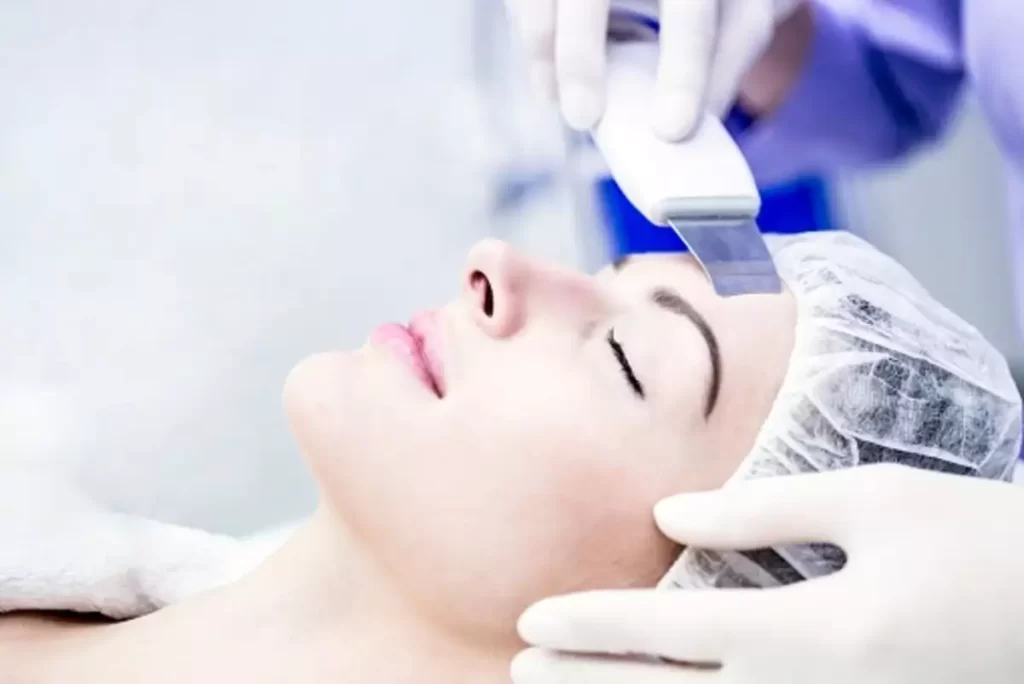Medical aesthetics is a broad field that encompasses all procedures intended to enhance a patient’s physical appearance. The field of medical aesthetics occupies a desirable middle ground between the cosmetics industry and reconstructive surgery. A qualified medical professional, nurse, or dentist may perform various cosmetic enhancements that will amaze you. Know more about: https://karishmawellness.com/about-us/.
Recent Things That Have Developed In Medical Aesthetics:
These adjustments require great ability, training, and familiarity with your body’s inner workings. This is the main difference between medical aesthetic treatments and standard cosmetic procedures like eyebrow piercing, waxing, or lash extensions. Facelifts, breast augmentations, and liposuction are all examples of surgical interventions, whereas medical aesthetic therapies (also known as non-surgical dermal fillers) are less invasive.
Aestheticians are not the same as dermatologists or plastic surgeons. However, there is some overlap. Qualification as a dermatologist or plastic surgeon requires the completion of specialized training programs. Aesthetic physicians are licensed medical doctors who may or may not have undergone further training or education beyond an MD. However, aesthetic physicians are medical professionals who focus on cosmetic enhancements.
Therefore, aesthetic medicine is a brand-new, forward-thinking medical specialty. For a good reason, since the promised outcomes are being realized, and the product does work, this sector is fast increasing to meet the rising demand.

Things To Be Aware of Before Going For Aesthetic Medication:
Although many of these operations were formerly considered a patient’s private affair, many people are coming up about having them done, putting them into the spotlight. People like making little, subtle improvements to their appearance to feel and appear more beautiful. As long as you’re in the care of a trained and licensed medical professional, you should retain your unique identity while radiating a beautiful new sheen.
Currently, very little formal education or familiarity with face anatomy is required to take up a needle & begin practicing. Aesthetic medical procedures include dangers similar to those of any other medical intervention.
Conclusion:
An ethical doctor is well-versed in emergency care and prepared to deal with the worst-case situation since they are aware of the dangers they pose and how to mitigate them. Only doctors and authorized pharmacists are allowed to provide medication.


